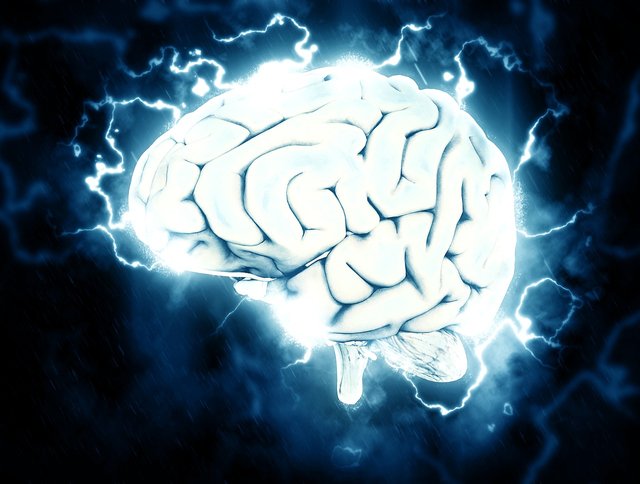🗞 Brain Study: The brain reveals who we are friends with
Friends think alike. What we know from everyday life, researchers have also detected by brain scan recently. The measurements even reveal who we like.

The brain processes of friendly people are similar. Reaction patterns in different parts of the brain enabled researchers in a study to predict how close the subjects were. In their experiment, US researchers compared the brain activity of participants watching different video clips with different content. The scientists report on the results in the journal "Nature Communications".
The Carolyn Parkinson team from the University of California, Los Angeles, selected 42 participants from a pool of 279 students. They had to provide detailed information in an online questionnaire as to whether and how strongly they were associated with the other students. From this, the researchers created a social organization chart in which mutual ties outweighed one-sided relationships.
They then used a functional magnetic resonance imaging (fMRI) technique to scan the brain function of the 42 young men and women as they watched 14 short video clips. The themes of the clips ranged from the view of space to the earth, on the influence of the food industry and football to a rescue station for orphaned sloth babies and funny movies. Each participant watched the videos in the same order with the same instructions.
It turned out that friends in individual films react similarly, especially in the brain areas which are important for motivation, learning, emotional processes and the storage of memories. These activity patterns were so clear that they could even serve as a prediction of proximity in the sociogram. Conversely, there were few connections in the sociogram if the were only a few matches.
So far, research has shown above all that similar age, gender or ethnicity can promote friendships. Certain personality traits and even aspects of the genotype have been linked to it. The new research could now supplement this mix with brain activities. "The bottom line is that these results suggest that friends are extremely similar in the way they perceive, interpret, and respond to the world around them," the researchers say.
However, they could not answer a fundamental question: "Do we make friends with people who react similarly to the environment, or do we react in a similar way because we are friends?" Further research will show.
Source: dpa
Powered by Insteem, the News on Steem
So basically, you are more likely to make friends with people that have similar brainwaves? Very interesting!
Very important post, thnx for share